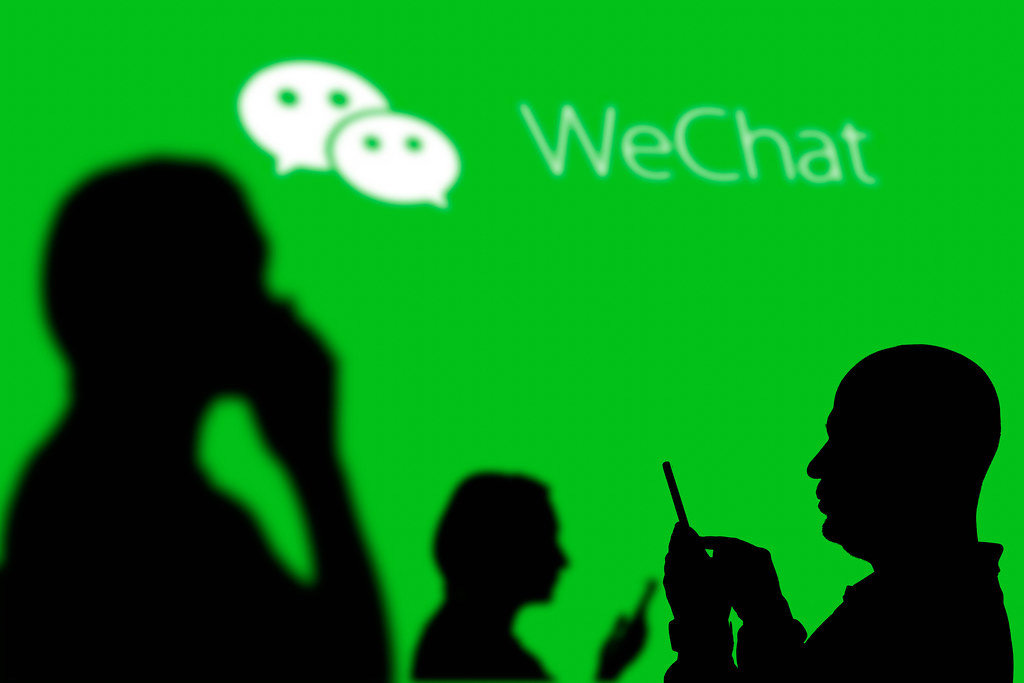Digital Threat Digest - 1 February 2022
PGI’s Digital Investigations Team brings you the Digital Threat Digest, daily insights into disinformation, misinformation, and online harms.
A main of hypocrisy with a side of authoritarianism this morning as we offer our thoughts on the questionable role of think-tanks in influence, media fearmongering and the merger of the physically and digitally authoritarian worlds.
Upstream influence
In some ways, influence operations and strategic communications are two sides of the same coin. An evolution of Russian IO activity post-2016 saw a shift from creation of inauthentic isolated media content to a focus on seeding organic content in strategic locations, such as think-tanks. This is an effective strategy because it allows the influence to move up stream. An idea seeded into a publication or press release from a think-tank not only has legitimacy from its source, but will also be cited by a variety of legitimate media entities further downstream. The stratcomms side is the focus of an FT piece this morning, which highlights funding from big tech towards US foreign policy think-tanks. National security is the latest line promoted in the push to avoid stricter regulation. Lobby is, of course, not an emergent threat. But this evolution of lobbying, built on national security concerns which have been exacerbated by those with the funding, seems slightly more concerning.
Big Tech increases funding to US foreign policy think-tanks | Financial Times
Do as I say, not as I do
Surely after that entry we wouldn’t now cite a media article written around a press release from a national security focused think-tank about the tech sector? The use of WeChat by politicians first hit the headlines last month when climate change sceptic turned Prime Minister of Australia Scott Morrison lost control of a WeChat account after seemingly forgetting to pay the account’s content management team. The incident triggered a barrage of unfounded alarmism claiming it constituted a Chinese state led attempt to influence, and now the Australian Financial Review has published a piece citing a think-tank’s suggestion that politicians should stop using both WeChat and TikTok ahead of imminent elections.
Is WeChat potentially prone to influence? Sure. Is it any more prone to influence than any other platform? Not really.
WeChat is good for business, but not elections | Australian Financial Review
Digital authoritarianism
A combination of digital and traditional authoritarianism allows for near total control over an online and offline information environment. Myanmar is perhaps unique in how it has functioned as a military-led digitally authoritarian state since the 2021 coup. As a military they have demonstrated their offline authoritarianism through brutal repression of the opposition, but they were a capable cyber threat actor well before the coup too, having run long-established self-aggrandizing influence operations across multiple social media platforms. The Diplomat comment outlines their planned introduction of a new cyber security law which would enshrine much of their digital and traditional authoritarianism into law – with penalties including three years imprisonment for using a VPN. The draft would also compel internet providers to turn over identifiable user data to the military on request – a worrying merger of the digital and the physical.
Myanmar Junta Set to Pass Draconian Cyber Security Law | The Diplomat
More about Protection Group International's Digital Investigations
PGI’s Social Media Intelligence Analysts combine modern exploitative technology with deep human analytical expertise that covers the social media platforms themselves and the behaviours and the intents of those who use them. Our experienced analyst team have a deep understanding of how various threat groups use social media and follow a three-pronged approach focused on content, behaviour and infrastructure to assess and substantiate threat landscapes.
Disclaimer: Protection Group International does not endorse any of the linked content.







